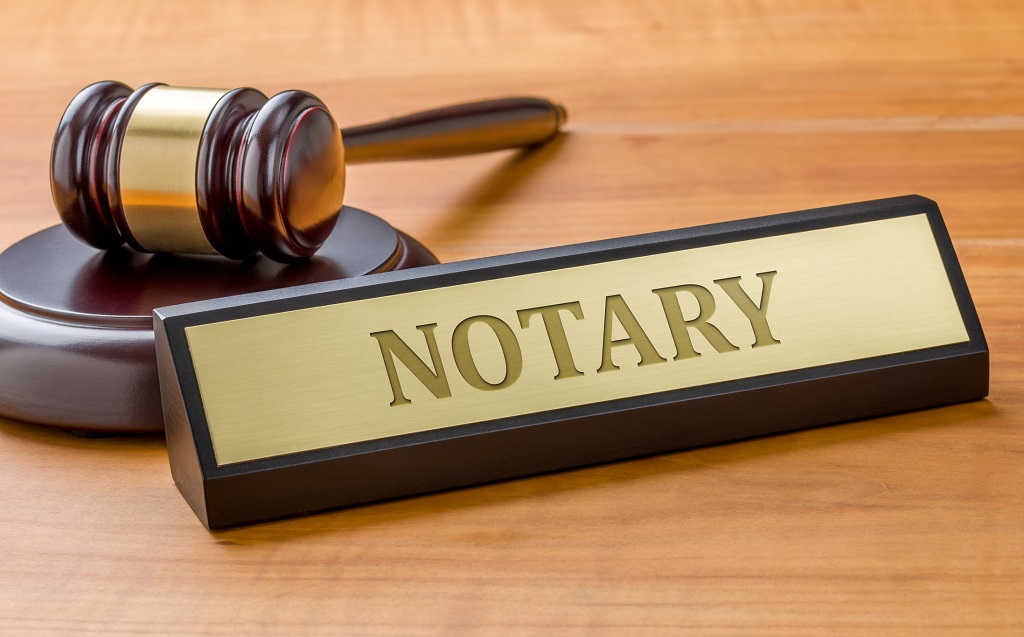Notarization plays an essential role in ensuring the authenticity, legality, and reliability of documents used in legal, commercial, and personal matters. In Thailand, while the country does not follow the traditional notary public system found in many Western jurisdictions, notarization services are carried out by licensed Thai lawyers who are certified as Notarial Services Attorneys by the Lawyers Council of Thailand. The importance of notary public services in Thailand lies in their ability to facilitate domestic and international transactions, prevent fraud, and ensure legal certainty.
1. Verification of Identity and Authenticity
One of the most important functions of notary public services in Thailand is the verification of identity and authenticity. A notarial services attorney confirms the identity of the signatories to a document, ensuring that they are who they claim to be and that they are signing voluntarily.
This verification process reduces the risk of identity fraud, forged signatures, and unauthorized transactions. For important documents such as affidavits, powers of attorney, contracts, and declarations, notarization provides assurance that the document is genuine and legally reliable.
2. Legal Recognition for International Use
Notary public services are particularly important in Thailand for documents intended for use abroad. Many foreign authorities, embassies, and international organizations require documents to be notarized before they are accepted.
Notarized documents are often necessary for overseas business transactions, immigration applications, property ownership, marriage registration, inheritance matters, and academic or employment verification. In many cases, notarization is the first step before further legalization or apostille by the Ministry of Foreign Affairs or a foreign embassy.
3. Support for Cross-Border Business and Investment
Thailand is a major destination for foreign investment and international trade. Notary public services play a vital role in facilitating cross-border business activities by ensuring that corporate documents are properly executed and legally recognized.
Documents such as shareholder resolutions, company affidavits, powers of attorney, and commercial contracts often require notarization when dealing with foreign banks, investors, or regulatory authorities. Notarized documents help establish trust and credibility in international business relationships.
4. Prevention of Fraud and Legal Disputes
Notarization helps prevent fraud and reduce the likelihood of legal disputes. By verifying the identity and intent of signatories, notarial services minimize the risk of forged documents, misrepresentation, and coercion.
In the event of a dispute, a notarized document carries greater evidentiary weight and is more difficult to challenge in court. This added layer of protection helps safeguard the interests of all parties involved.
5. Enhanced Evidentiary Value in Legal Proceedings
Notarized documents are often given greater credibility in legal proceedings in Thailand. While notarization does not automatically determine the validity of a contract, it strengthens the evidentiary value of the document by confirming the authenticity of signatures and the date of execution.
This is particularly important in civil litigation, inheritance disputes, commercial conflicts, and family law matters, where documentary evidence plays a critical role in court decisions.
6. Facilitation of Powers of Attorney
Powers of attorney are commonly used in Thailand for property transactions, business management, litigation, and administrative procedures. Notarization is frequently required when a power of attorney is issued by a foreign individual or intended for use overseas.
Notary public services ensure that the grantor understands the authority being given and that the document is executed correctly. This reduces the risk of abuse and ensures the validity of the authorization.
7. Assistance in Personal and Family Matters
Notary public services are also important in personal and family matters such as marriage registration, divorce proceedings, adoption, child custody, and inheritance planning. Affidavits, consent letters, and declarations often require notarization to be accepted by government authorities or foreign institutions.
Notarization helps ensure that sensitive personal documents are properly executed, legally sound, and internationally recognized.
8. Support for Immigration and Visa Applications
Notarized documents are commonly required for immigration and visa applications in Thailand and abroad. These may include affidavits of support, proof of income, declarations of marital status, and parental consent letters.
Notary public services help ensure that such documents meet formal requirements and are accepted by immigration authorities, embassies, and consulates, reducing delays and rejections.
9. Assurance of Professional and Ethical Standards
In Thailand, notarial services are provided by qualified lawyers who are regulated by the Lawyers Council of Thailand. This ensures that notarial services are conducted in accordance with professional and ethical standards.
Clients benefit from legal expertise, confidentiality, and accountability, which are essential when dealing with important legal documents. This professional oversight enhances trust in the notarization process.
10. Strengthening Legal Certainty and Public Confidence
The overall importance of notary public services in Thailand lies in their contribution to legal certainty and public confidence. By ensuring that documents are authentic, properly executed, and legally reliable, notarization supports the smooth functioning of legal and commercial systems.
Individuals, businesses, and government authorities rely on notarized documents to make informed decisions and enforce legal rights. This trust is essential for maintaining stability, transparency, and fairness in both domestic and international dealings.
Conclusion
The importance of notary public services in Thailand extends across legal, commercial, and personal matters. From verifying identities and preventing fraud to supporting international transactions and enhancing legal certainty, notarization plays a critical role in the Thai legal framework.
Although Thailand does not have traditional notary publics, the services provided by certified notarial services attorneys fulfill the same essential functions. For individuals and businesses operating in Thailand or dealing with Thai-related documents abroad, notary public services are an indispensable tool for ensuring authenticity, compliance, and peace of mind.

